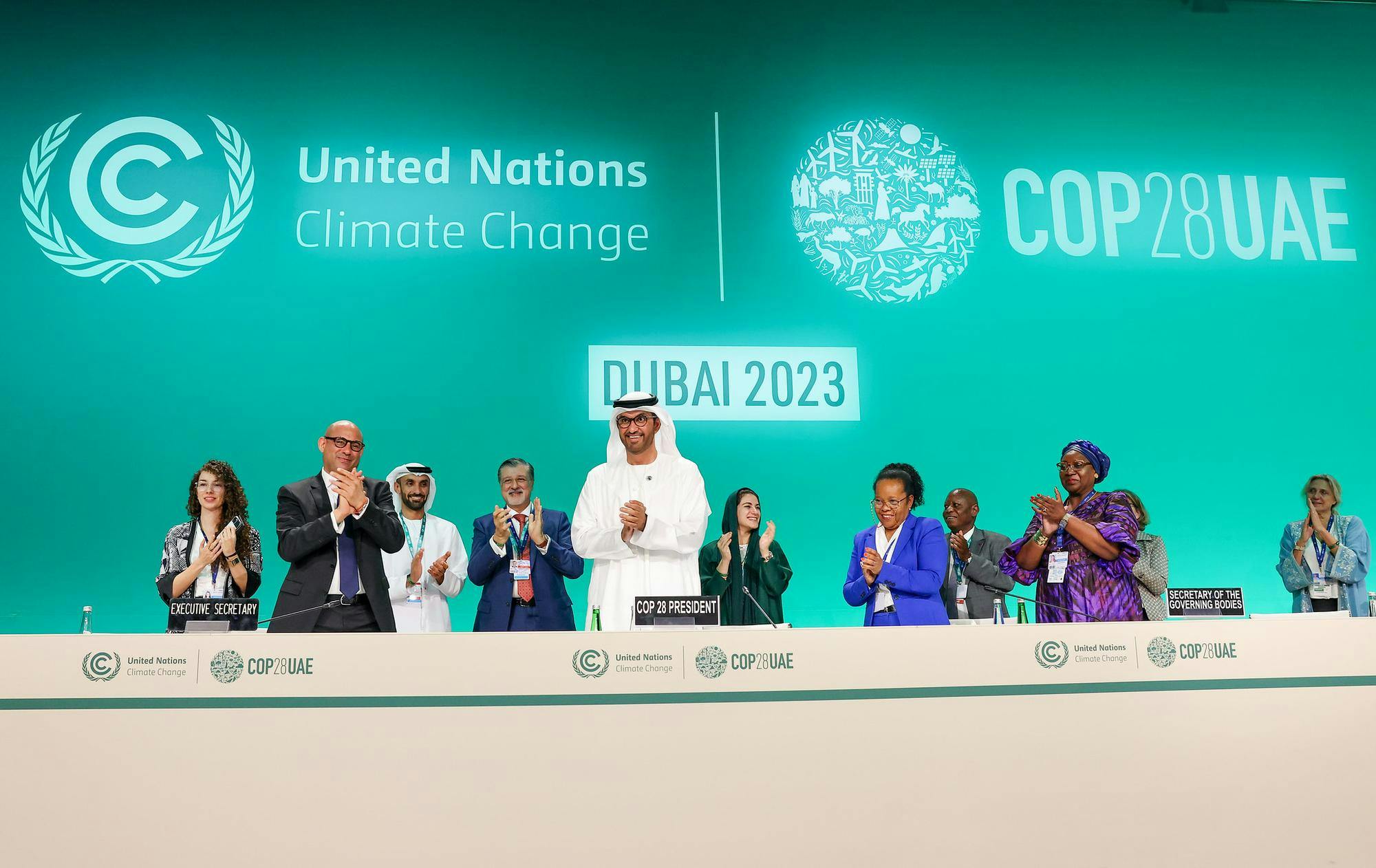I don’t know many people who take the annual Conference of Parties, the United Nations Climate Change Conference, conventions seriously. Toward the end of every year, I anxiously watch the television to see the president of the COP as they deliver their closing remarks outlining all the climate goals that took an abundance of shiny suits and private jets to establish. And, without fail, every year I am disappointed by the utter lack of productivity in the outcome.
These meetings, held by the member states of the United Nations Framework Convention on Climate Change, will likely host more than 70,000 delegates, business leaders, climate scientists, indigenous peoples, journalists, experts and stakeholders coming together to legally address the largest crisis of our time. Unfortunately, they have become the subject of mockery, or at best, indifference, and it’s easy to see why.
The conference this December perfectly demonstrated how organizations under public scrutiny for contributing to global warming utilize COP to create a false impression that they have always been dedicated to the protection of our planet. Dr. Sultan Ahmed Al-Jaber, the president of last year’s conference, is the head of the Abu Dhabi National Oil Company. To put this into perspective, a man who controls the ninth most valuable oil and gas brand, whose work relied on the emission of at least 487 million tonnes of carbon dioxide in 2023 alone, has laid the groundwork for intergovernmental deals that were made at arguably the world’s most important climate conference.
It’s like asking ExxonMobil to give a TED talk on why ditching fossil fuels is imperative to our future — it just doesn’t make any sense. Some people may counter, “Isn’t this what we need? An organization committed to reducing its environmental impact by setting the standard for others to follow its example?” That would be ideal and commendable, but unfortunately, it is far from reality.
After COP28, the urgency of action was made clearer than ever: Emissions must fall 43% by 2030 to keep the Paris Agreement temperature goal of 1.5 C within reach. Jaber, while apparently sharing this consensus, is the CEO of a company that is on course to increase its emissions by virtually the same amount. Fields operated by the ADNOC are projected to produce more than 1.3 billion barrels of oil and nearly 90 billion cubic meters of gas, which translates to a staggering 684 million tonnes of carbon dioxide emitted by 2030. This is gross and infuriating but not in the least surprising.
Every year, this climate summit is hosted at a different location. In 2021, the U.K., a notable oil and gas producer, hosted COP26, and in 2018 it took place in Katowice, a town centered around Poland’s coal sector. While these choices seem undeniably calculated, the decision to let the United Arab Emirates host COP28 appeared almost sinister because of the way the summit was intertwined with ADNOC. I am not the only one who feels strongly about this. More than 100 members of the U.S. Congress and the European Parliament called for Jaber to step down as president of COP28, claiming that his appointment risked undermining climate negotiations vital to the survival of our deteriorating natural world. Instead of heeding the concerns, Jaber claimed there is “no science” that says phasing out fossil fuels is necessary to limit global warming to 1.5 C above pre-industrial levels. Instead, he exaggerated the need for socioeconomic development, saying fossil fuels are necessary “unless you want to take the world back into caves.” These spine-chilling comments echo those of other men in high positions who are notorious for downplaying the climate crisis.
The bottom line? We need to see a shift in governance at these conferences. At this stage in the climate crisis, we cannot let companies with clear conflicts of interest decide the actions that they deem necessary to preserve the planet because evidently, they do not care about it. Organizations like Greenpeace, WWF and other climate justice groups, while they may receive various critiques, are better contenders for the COP presidency. These organizations at least see environmental protection as a priority, not as something they can compromise for the sake of profiting off the very thing that causes environmental decay.
The only way we can start seeing legislation that secures the future of our environment is if we start holding the people who do not have its best interests at heart accountable and let those who do have the best interests be leading forces, as opposed to background voices. For that, we need protest, not indifference.






